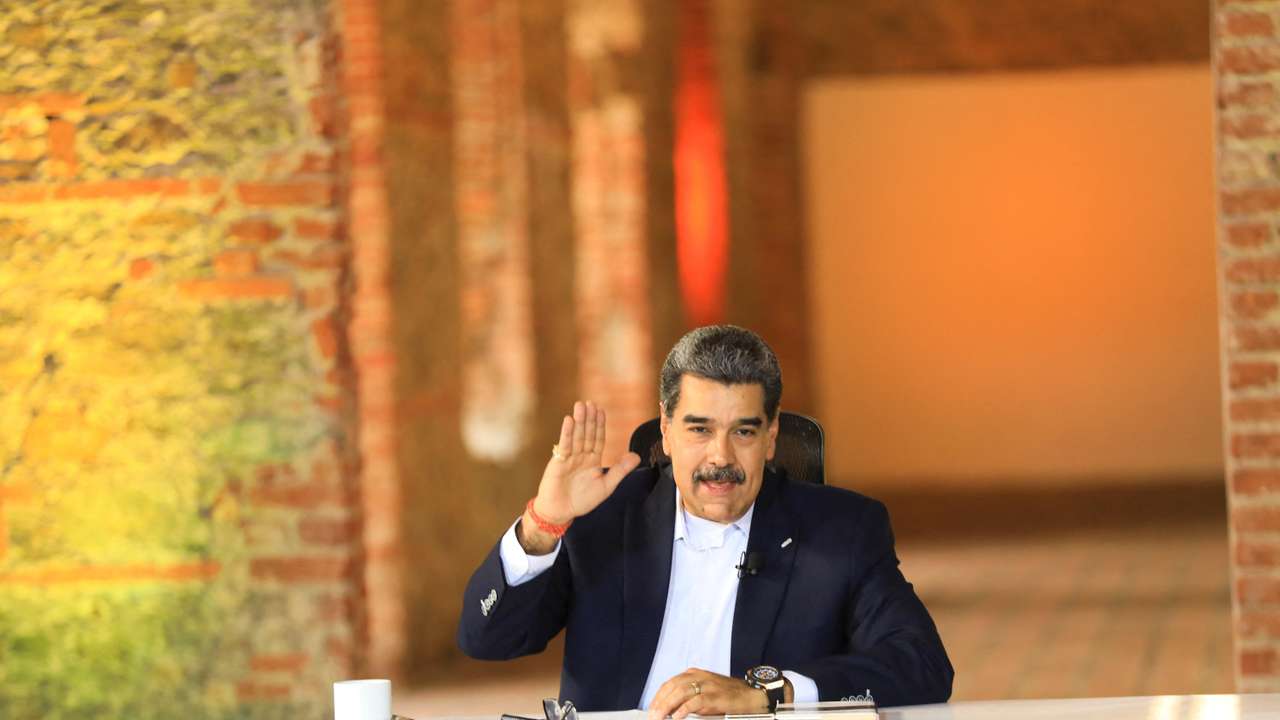Inflation returns to haunt Venezuela amid rising tensions with the US

As Venezuela faces growing military pressure from the United States and renewed calls for President Nicolás Maduro’s resignation, a familiar crisis has resurfaced at home: inflation is once again spiralling.
Prices of basic goods in Caracas are rising daily, reviving memories of the hyperinflation that devastated the economy in previous years.
Since the Pentagon deployed warships and aircraft in operations it claims are targeting drug trafficking networks near Venezuela, the bolívar has lost around 70 per cent of its value against the US dollar, according to central bank data. The gap between the official and black-market exchange rates has widened sharply, while authorities continue to prohibit publication of unofficial rates. The collapse of the currency has pushed up the cost of essentials such as maize flour and fuel, worsening living conditions for millions.
Maduro, who has governed for over a decade, accuses Washington of attempting to overthrow him through sanctions and economic pressure. The government has responded by cracking down on the parallel currency market, detaining dozens accused of “exchange manipulation”. Yet, inflation has continued to soar. The International Monetary Fund now estimates Venezuela’s annual rate at around 270 per cent — the highest in the world — and warns it could exceed 600 per cent by 2026.
The crisis has been compounded by falling oil revenues, tighter US sanctions, and the recent decision to limit Chevron’s ability to pay Venezuela in cash. In response, Caracas has turned increasingly to cryptocurrency transactions in a bid to secure foreign income. For ordinary Venezuelans, however, the reality remains bleak: a collapsing currency, dwindling purchasing power, and an uncertain future under the shadow of both economic and geopolitical strain.
This story is written and edited by the Global South World team, you can contact us here.